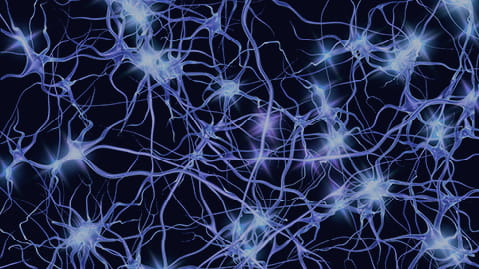AI in the life sciences sector is revolutionising healthcare and research. In this second edition of Synapse, our team will explore how, for life sciences companies doing business in Europe, the introduction of the AI Act will have a significant impact on the way they do business. Companies must navigate complex regulatory landscapes, balancing innovation with legal obligations to avoid penalties. It may also mean mandating stringent compliance with ethical and safety standards for AI applications, both in products and in the day-to-day running of life sciences companies. But the opportunities are great. Effective integration of AI promises enhanced diagnostics, personalised treatments, and operational efficiencies.
Read our latest edition of Synapse to find out how you can leverage the AI opportunity whilst remaining compliant with the myriad of EU regulation.


